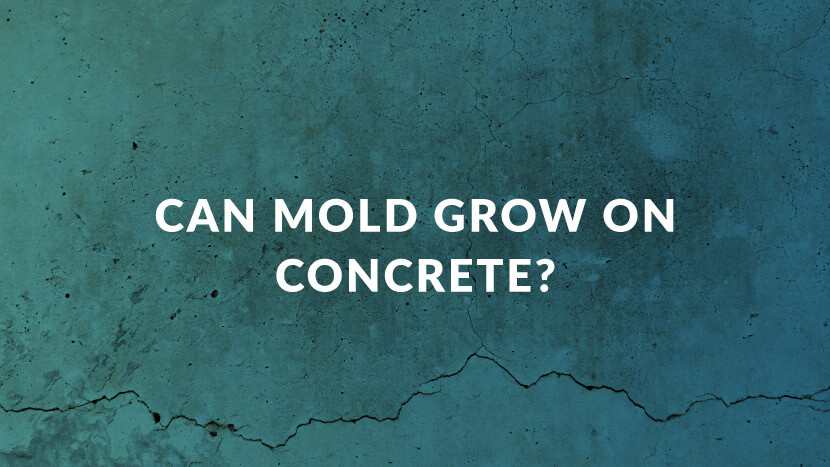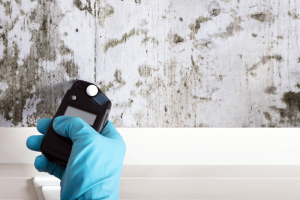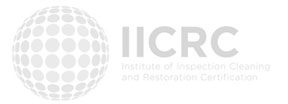
Can Mold Grow on Concrete? – How to Combat Mold in Your Home
If you’re a homeowner, you might have asked yourself at least once, “Can mold grow on concrete?” The answer, unfortunately, is yes. How do we fix this problem? To address mold in your home, you must first understand how mold can grow on concrete to prevent it. Learn more about avoiding mold growing on concrete, and contact a professional mold abatement company like CLEAR Restoration to address the problem.
 Can Mold Grow on Concrete: Understanding Mold on Concrete
Can Mold Grow on Concrete: Understanding Mold on Concrete
Mold can grow on concrete surfaces due to moisture and humidity. The high-humidity conditions required are usually met in Louisiana’s warm and damp climate, so homeowners should be aware of this potential hazard.
Concrete mold growth is most common in bathrooms and areas with water leaks – but with the trend of concrete floors, it can be an issue throughout your house.
It’s a common misconception that concrete is waterproof. Improperly sealed concrete can also contribute to mold growth. Concrete needs to be adequately sealed to prevent water from leaking into it; otherwise, poor ventilation in areas with concrete can result in trapped moisture, causing the temperature to rise. This warm, moist environment creates a perfect breeding ground for mold.
Call a professional mold abatement company immediately when you find mold growth on concrete in your home. CLEAR Restoration has expert mold removal and abatement services that will eliminate and prevent mold growth in your home. Call us at 225-245-3575 for quick service from experienced professionals today.
[Related: How Louisiana Summer Weather Can Affect Mold Growth]
Can Mold Grow on Concrete: The Dangers of Mold on Concrete
Mold growing on concrete is not just an unsightly nuisance; it presents health risks to everyone in the house and can cause damage to the building’s structure. This includes surface deterioration and weakened structural integrity. When mold grows on concrete, it indicates a level of moisture that could cause the concrete to degrade over time.
It’s important to immediately address mold growth on concrete to prevent further damage and potential safety hazards. If you notice mold growing on concrete surfaces, it’s best to call an experienced mold abatement company like CLEAR Restoration. They will quickly resolve the issue while protecting your health and home’s structural integrity.
 How to Prevent Mold Growth on Concrete
How to Prevent Mold Growth on Concrete
While mold growth on concrete isn’t uncommon, you can prevent it in several ways. For one, be sure to keep indoor moisture levels low. This can be achieved through better ventilation with exhaust fans to circulate air and reduce humidity.
Installing dehumidifiers is another way to reduce moisture. Dehumidifiers extract water from the air, creating an environment less conducive to mold growth. Regularly cleaning dirt, debris, and surfaces with moisture helps prevent mold growth on concrete.
Lastly, sealing off concrete surfaces is essential to prevent moisture infiltration from rain and condensation. By now, the phrase “Can mold grow on concrete?” probably seems like a nagging concern, but with these preventative measures, you can keep your home safe and mold-free.
[Related: Benefits of Having a Home Dehumidifier]
Contact CLEAR Restoration for Concrete Mold Remediation
Now that you know mold can grow on concrete and the dangers mold poses, it’s time to call a professional mold remediation company to help combat it. CLEAR Restoration has experience dealing with mold growth across Louisiana homes. They can assess your situation, implement solutions, and ensure your home is a safe and comfortable space for you and your family.
Don’t let the issue of mold growth on concrete ruin your peace of mind. Call CLEAR Restoration at 225-245-3575 for expert mold removal and abatement service today.



